
Brussels: 600,000 girls in the European Union have undergone female genital mutilation out of 200 million worldwide

- Europe and Arabs
- Thursday , 6 February 2025 10:32 AM GMT
Brussels: Europe and the Arabs
On the International Day of Zero Tolerance for Female Genital Mutilation on 6 February 2025, the European Commission and High Representative for Foreign Affairs and Security Policy Kaya Kallas reaffirmed the European Union’s strong commitment to eliminating female genital mutilation in Europe and worldwide: “Female genital mutilation is a violation of human rights and a hideous form of violence against women and girls. It is estimated that more than 200 million women worldwide, including at least 600,000 in Europe, have undergone female genital mutilation. It is a means of asserting dominance and social control over women and girls. The practice has severe, lifelong physical and psychological consequences. There is absolutely no medical or moral justification for it and it has no place in any society.
We are committed to combating and eliminating female genital mutilation, worldwide and in the European Union. “Last year we adopted the EU Directive on combating violence against women and domestic violence, which requires Member States to include female genital mutilation in their
The EU has supported projects to combat FGM worldwide, engaging with communities and transforming social norms through collective action. Since 2016, the EU has been working with partners on programmes such as the EU-UN Spotlight initiative to finally end this horrific practice.
We remain committed to working with governments, civil society and international organisations to ensure that FGM is universally condemned and eradicated. The EU will continue to work with global partners to adopt a zero-tolerance approach to FGM, to build a world where every girl and woman can live free from all forms of violence and discrimination. “Female genital mutilation (FGM) includes all procedures involving partial or total removal of the external female genitalia or other injury to the female genital organs for non-medical reasons, as defined by the World Health Organization. An estimated 190,000 girls in 17 European countries alone are at risk of FGM, while 600,000 women live with the consequences of FGM in Europe. Every year, at least 20,000 women and girls come to Europe from countries at risk of FGM as asylum seekers. The 1989 UN Convention on the Rights of the Child, to which all EU Member States are party, condemns violence against children. In 2021, the Commission adopted a comprehensive EU strategy on children’s rights to strengthen the EU’s commitment to protecting children from FGM in EU Member States and globally, emphasizing the importance of education, awareness-raising and legal measures to eliminate FGM, with concrete actions and recommendations to end all forms of violence against children. As part of its commitment to the EU Strategy on the Rights of the Child, the Commission adopted a Recommendation on developing and strengthening integrated child protection systems in the best interests of the child on 23 April 2024. Promoting a culture of zero tolerance for violence against children requires bridging the gap between international standards, political commitments and action. The Recommendation calls on Member States to strengthen their child protection systems to address all forms of violence against children, including female genital mutilation, and to ensure that their external action contributes to combating all forms of violence against children, including female genital mutilation. The European Commission is firmly committed to eliminating all forms of gender-based violence, including female genital mutilation, both within the EU and beyond its borders as set out in the EU Action Plan on Human Rights and Democracy 2020-2024, the EU Gender Equality Strategy 2020-2025 and the 3rd EU Gender Action Plan, running until 2027. In line with these policies and our dedication to eliminating female genital mutilation in Europe and worldwide, we cooperate and provide support to survivors, affected families and communities, as well as experts and policymakers. Since 2016, the EU has been working with partners such as UNFPA/UNICEF on programmes such as the EU-UN Spotlight initiative. While the first phase of Spotlight has ended, a new generation of programmes has been launched to support achievements and end all forms of violence against women and girls. This includes a successor programme to the Spotlight Regional Programme for Africa. Criminalisation of female genital mutilation is required by the Council of Europe Convention on preventing and combating violence against women and domestic violence, also known as the Istanbul Convention. In October 2023, the European Union acceded to the Convention. With this accession, the EU is committed to ambitious and comprehensive standards aimed at preventing and addressing violence against women in the areas of judicial cooperation in criminal matters, asylum and non-refoulement, and public administration practices.
In May 2024, the EU adopted the Directive on combating violence against women and domestic violence, which requires that female genital mutilation be criminalised as a stand-alone offence. Member States must transpose the Directive into national law by 14 June 2027. The Commission’s Citizens, Equality, Rights and Values (CERV) programme provides funding for projects that address gender-based violence and violence against children, including female genital mutilation. In 2025, €23 million will be allocated through the DAPHNE programme to finance national and transnational initiatives aimed at combating and preventing violence against children and gender-based violence inside and outside the home and intimate environment, as well as online. The funds will also support efforts to protect and assist survivors of gender-based violence and violence against children, including strengthening child protection systems.


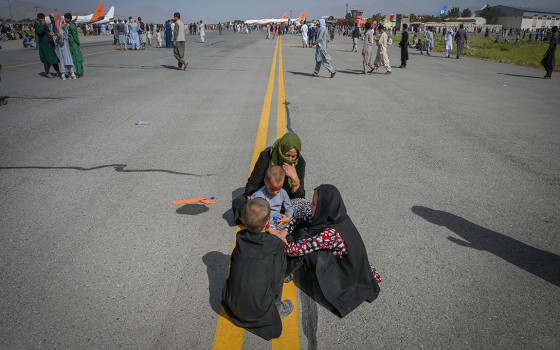
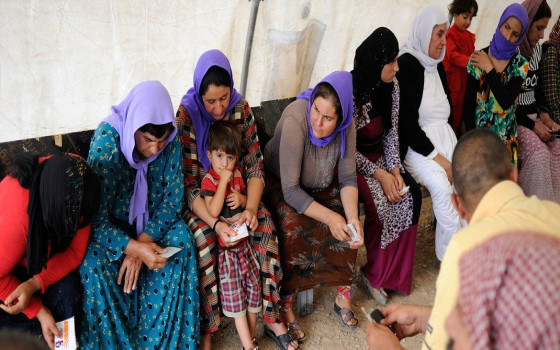
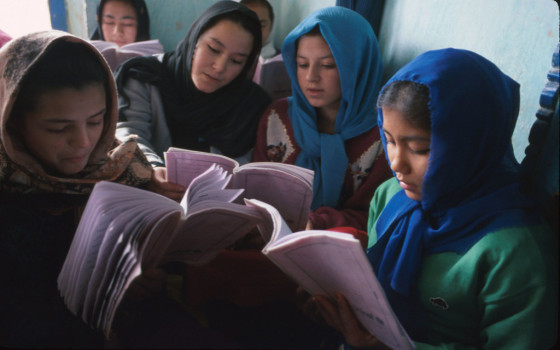
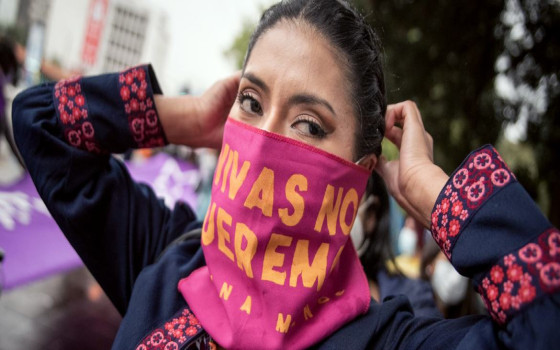
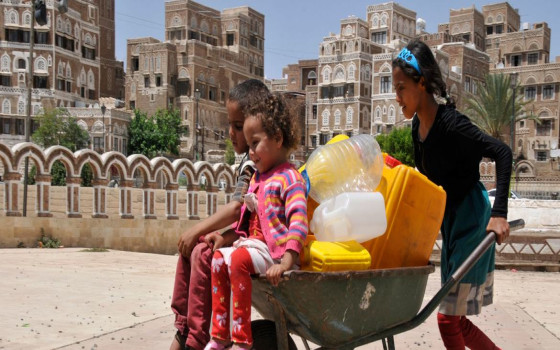
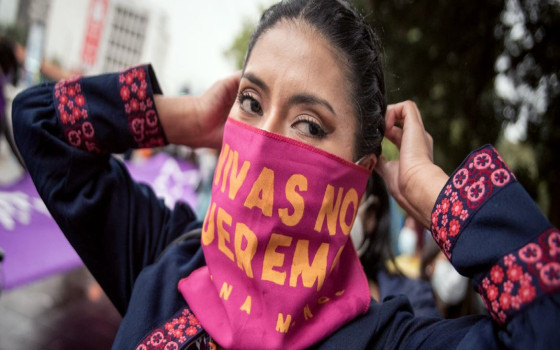
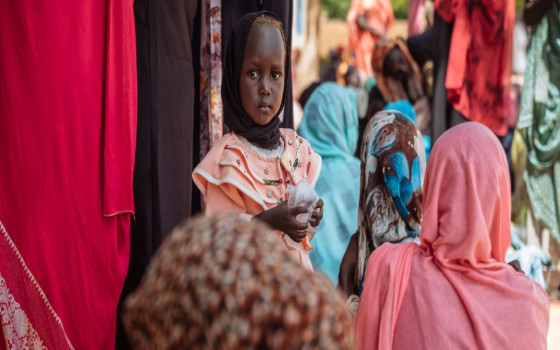
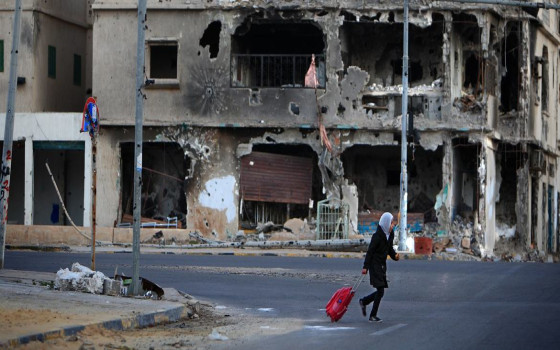
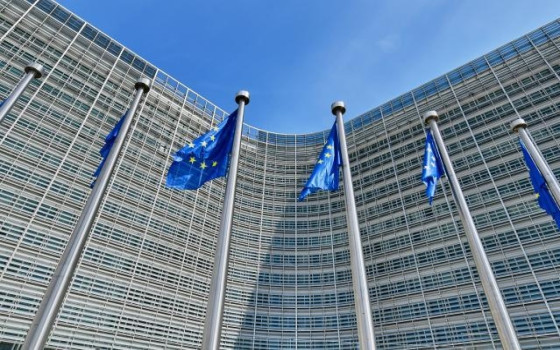
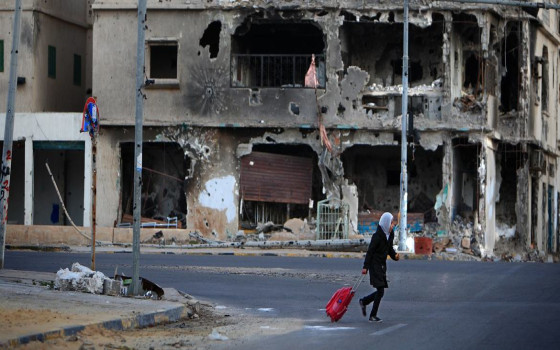
No Comments Found